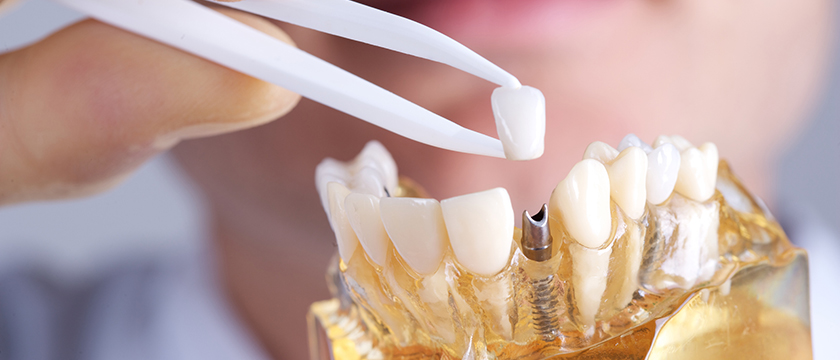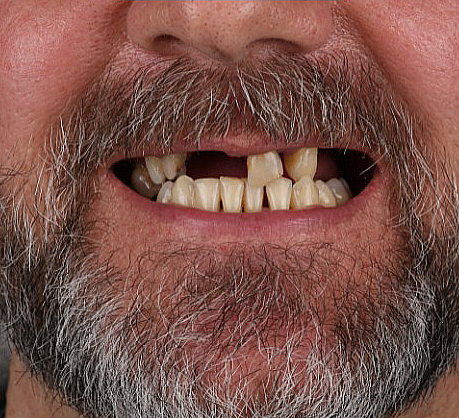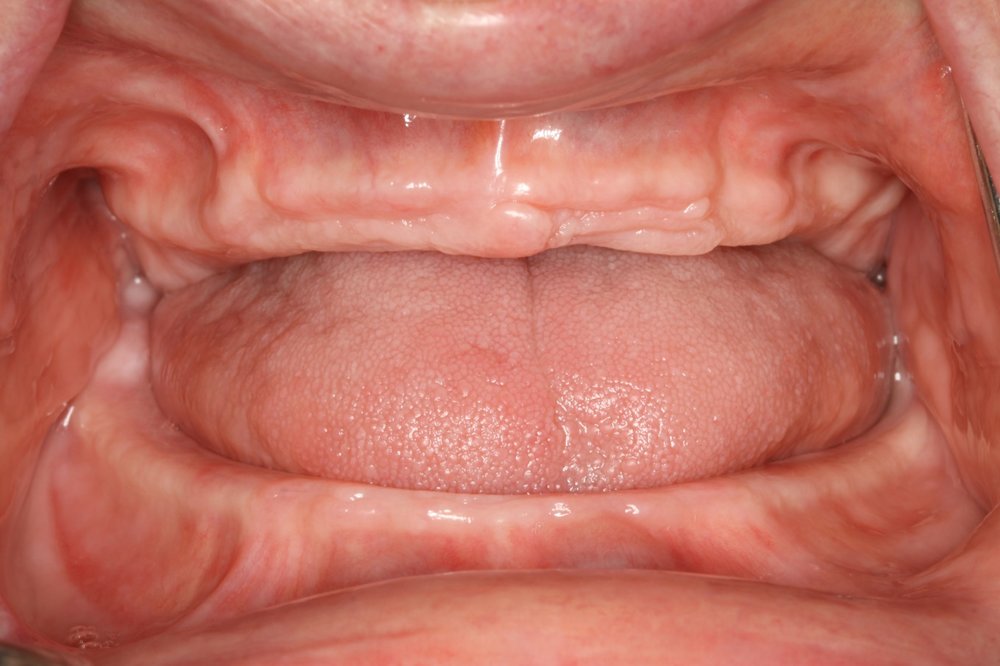In This Article
Introduction:
This is David and I am a dental implant educator at Chicago Implant Studio. One of the things that our patients are curious about at their dental implant consultation session is “Dental implant recovery and alcohol consumption”
Recovering from dental implant surgery requires proper care and attention to ensure optimal healing. While there are many factors that contribute to a successful recovery, one aspect that often raises questions is the consumption of alcohol. In this article, we will explore the relationship between dental implant recovery and alcohol consumption, shedding light on the precautions, potential risks, and best practices to follow.
Understanding the Healing Process:
Before delving into alcohol consumption, it’s important to understand the dental implant healing process. After surgery, the implant fuses with the jawbone through a process called osseointegration. During this critical phase, the body’s natural healing mechanisms play a significant role in the success of the implant. Any factors that hinder or delay this process should be carefully considered.
The Impact of Alcohol on Healing:
Dental implant recovery and alcohol consumption can potentially interfere with the healing process of dental implants. Alcohol is a known vasodilator, meaning it widens blood vessels and increases blood flow. While this may seem beneficial, excessive alcohol consumption can lead to prolonged bleeding, swelling, and increased risk of infection at the surgical site. Additionally, alcohol can impair the body’s ability to absorb vital nutrients necessary for healing, such as vitamin C and calcium.
Timing Is Key:
Timing plays a crucial role when it comes to alcohol consumption during dental implant recovery. It is generally recommended to avoid alcohol for at least 48 to 72 hours after the surgery. This initial period is when bleeding and swelling are most likely to occur, and consuming alcohol during this time can exacerbate these issues. It is essential to follow your dentist’s specific instructions regarding alcohol consumption during the recovery period.
Moderation and Responsible Choices:
Once the initial healing phase has passed, moderate alcohol consumption may be permissible. However, it is essential to exercise caution and make responsible choices. Excessive alcohol consumption can compromise your oral health in various ways, including dry mouth, increased risk of gum disease, and tooth decay. Maintaining good oral hygiene practices, including regular brushing, flossing, and dental check-ups, remains crucial, especially during the recovery period.
Individual Considerations:
Every patient is unique, and individual circumstances may influence the impact of Dental implant recovery and alcohol consumption on dental implant recovery. Factors such as overall health, medication use, and the complexity of the surgery can vary from person to person. It is vital to consult with your dentist or oral surgeon to receive personalized advice and guidance based on your specific situation.
Conclusion:
In summary, while the occasional and moderate consumption of alcohol may be permissible during the later stages of dental implant recovery, Dental implant recovery and alcohol consumption is crucial to exercise caution and follow your dentist’s recommendations. The initial healing period is particularly sensitive, and avoiding alcohol during this time is strongly advised. Remember, prioritizing your oral health and adhering to proper aftercare instructions are essential for a successful dental implant recovery. If you have any concerns or questions about alcohol consumption during your recovery, consult your dental professional for personalized guidance.
Schedule a Free Consultation Today
From single and multiple tooth to full jaw All-on-4 dental implants, Chicago Implant Studio helps patients of all ages enjoy eating, gain their confidence, and smile again. Find out how dental implants can improve your life and overall health . Schedule a free consultation online today or call us at (331) 257-7999.






